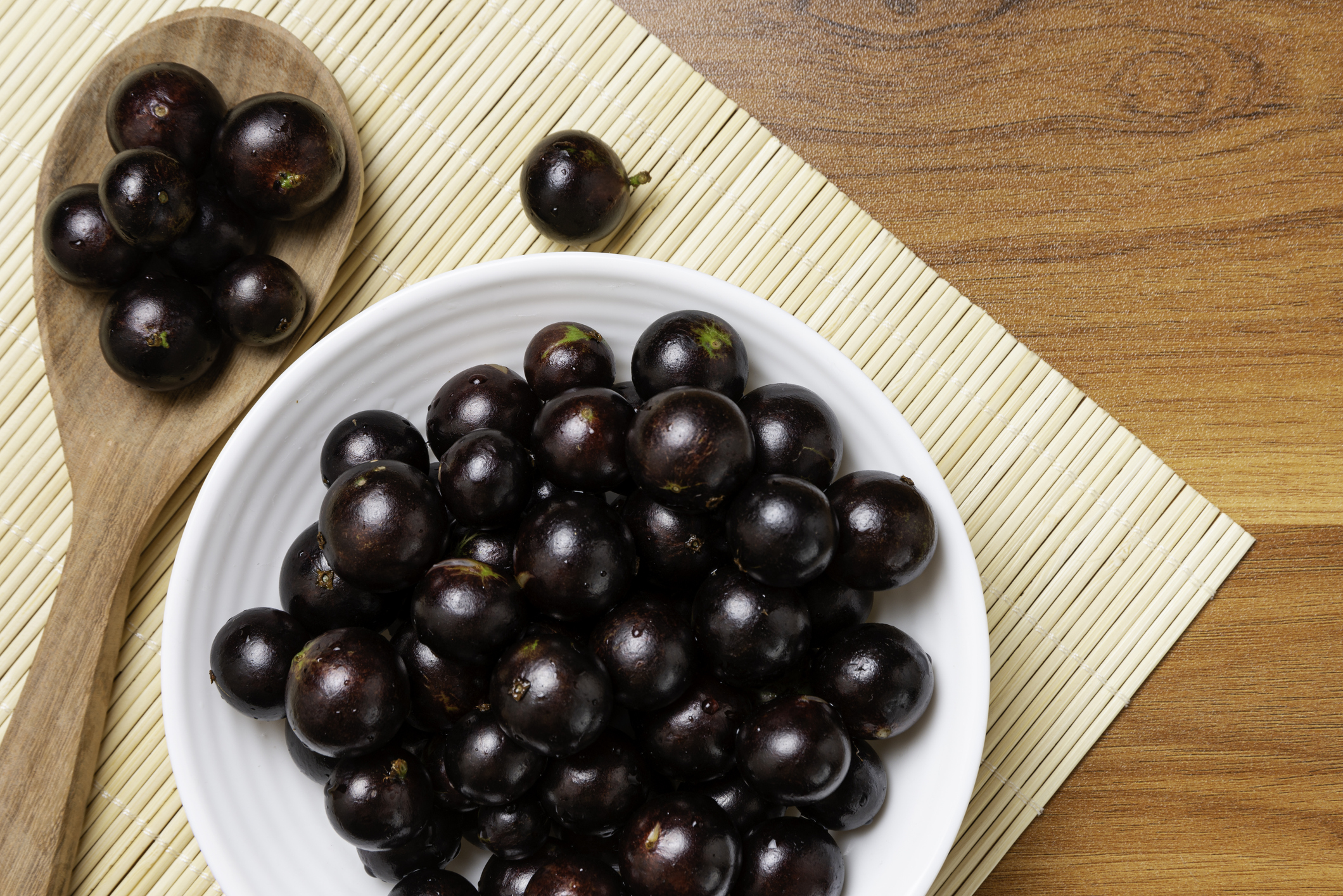Get Easy Health Digest™ in your inbox and don’t miss a thing when you subscribe today. Plus, get the free bonus report, Mother Nature’s Tips, Tricks and Remedies for Cholesterol, Blood Pressure & Blood Sugar as my way of saying welcome to the community!
The Amazonian fruit ‘prescription’ that tames blood sugar

There is a silent epidemic in our country that too few people are talking about.
And if you haven’t heard about it yet, you need the facts.
Known as metabolic syndrome, it’s actually a cluster of symptoms including high blood pressure and blood sugar, abdominal obesity and abnormal levels of triglycerides and cholesterol.
And once any of the symptoms gets supercharged, it tips you over into heart disease.
Now though, Brazilian researchers believe they have found a potent weapon in the fight against metabolic syndrome — an Amazonian fruit with a mouth-puckering taste that could put a halt to drivers of the condition.
Here’s what they found…
The secret’s in the phenolic compounds and fiber
The fruit is known as the Jaboticaba berry, which is native to the Brazilian Atlantic Rainforest and is usually thrown away because the tannins in it make it too sour to eat.
However, the fruit is also rich in two things that make it a potential health powerhouse: phenolic compounds and dietary fiber.
So those Brazilian researchers decided to pit the fruit against metabolic syndrome in the bid to save hearts and lives.
And as it turns out, they got more than they ever hoped for.
After dividing 49 patients with metabolic syndrome and obesity into two groups — one where participants took jaboticaba peel powder for five weeks, while the other group took a placebo — there was a clear winner…
“The main benefits of taking the supplement were lower post-prandial glycemia (blood sugar after meals) and less inflammation,” said lead author and professor, Mário Roberto Maróstica Junior.
“Blood sugar typically rises after meals even in healthy people, although it soon returns to normal in these cases. Something that can lower blood sugar levels after meals is interesting because it helps people control this variable over time and live a healthier life.”
It also lessens the risk of developing insulin resistance, considered a driver of metabolic syndrome. When blood sugar spikes often, the pancreas produces too much insulin and the body stops responding to it. Type 2 diabetes isn’t usually far behind.
A local source of phenols and fiber
The good news is that you don’t have to travel to the Brazilian rainforest to find a berry that’s packed with phenolic compounds and fiber like the Jaboticaba berry.
In fact, those compounds, including anthocyanins, and their rich levels of fiber is why other berries have a powerful effect on blood sugar and metabolism, including:
- Fermented Aronia Berry — shown to naturally lower the amount of sugar entering your bloodstream after you eat
- Blueberry — shown to provide support against insulin resistance
- Acai berry — shown to help provide free-radical protection and support normal blood sugar levels
Previous studies have shown people who consume the most anthocyanin-rich foods were least likely to have chronic inflammation — which has long been associated with metabolic syndrome and blood sugar problems.
Berries also contain flavones, also a phenolic compound, shown to improve levels of a protein (adiponectin) which helps regulate a number of metabolic processes including glucose levels.
This time of year you can find plenty of berries at your local farmer’s markets — along with plenty of other health-promoting fresh organic fruits and vegetables
Editor’s note: Are you feeling unusually tired? You may think this is normal aging, but the problem could be your master hormone. When it’s not working, your risk of age-related diseases skyrockets. To reset what many call “the trigger for all disease” and live better, longer, click here to discover The Insulin Factor: How to Repair Your Body’s Master Controller and Conquer Chronic Disease!
Sources:
Jaboticaba peel reduces inflammation and controls blood sugar in people with metabolic syndrome — EurekAlert!














